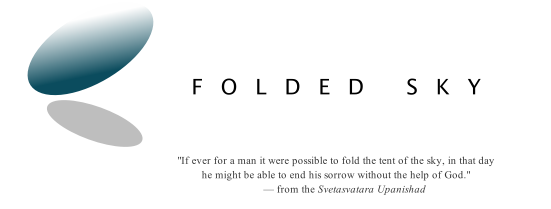 |
| From: MSN |
“Places like Armstrong County [PA] where poverty is more common than national statistics would indicate tend to attract the type of [food salvage] store Marte is opening this week in Rural Valley. Food salvage stores are most common in the southeast and the west and tend to correlate with income levels, according to market research firm IBIS World, which found 386 such stores nationwide in 2012. Consumers spent a total of $4 billion at salvage grocers that year, the company writes, and the industry 'has grown quickly over the past five years.'
Necessity is the mother of invention, and America’s neediest families are indeed innovative about staying fed. The most recent national survey of food charity providers and recipients by Feeding America found that 56 percent of food charity clients resorted to eating expired food during the past year. About a third said they had pawned property to buy groceries. With one in six food charity organizations nationwide fearing they will soon have to close, such households are likely to become even more reliable customers for food salvage stores.”
— Alan Pyke, ThinkProgress
Read more…
“Wasted food is a big problem in the U.S. An estimated $900 million worth of expired food is removed from the supply chain every year, the report found. And although not all of this is due to confusion over food expiration labels, [Natural Resources Defense Council staff scientist Dana] Gunders says a casual survey of grocery store workers found that even employees are not always trained to distinguish between different kinds of expiration dates. (The National Grocers Association, the national trade association representing the retail and wholesale grocers, was not immediately available for comment.)
All the wasted food adds up: As much as 40% of food goes uneaten in the U.S., according to estimates from the Department of Agriculture and the Environmental Protection Agency. Americans are, in other words, throwing out the equivalent of $165 billion in wasted food every year, a separate analysis by the NRDC found. In fact, one study estimates, just 15% of all this wasted food would be enough to feed more than 25 million Americans every year. And one in six Americans currently lacks a secure supply of food, Gunders says.”
— Quintin Forttrell, MarketWatch
Read more…















